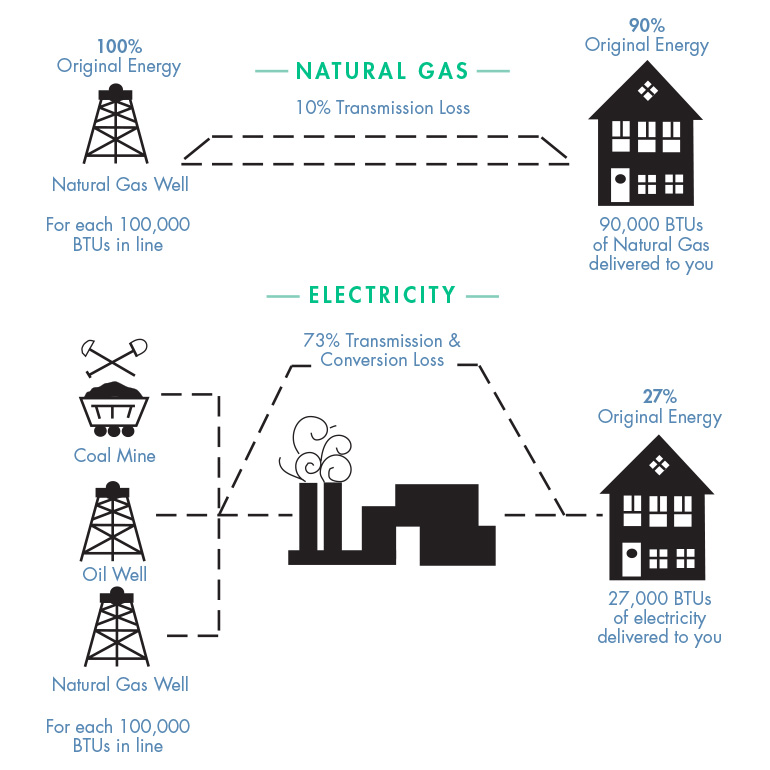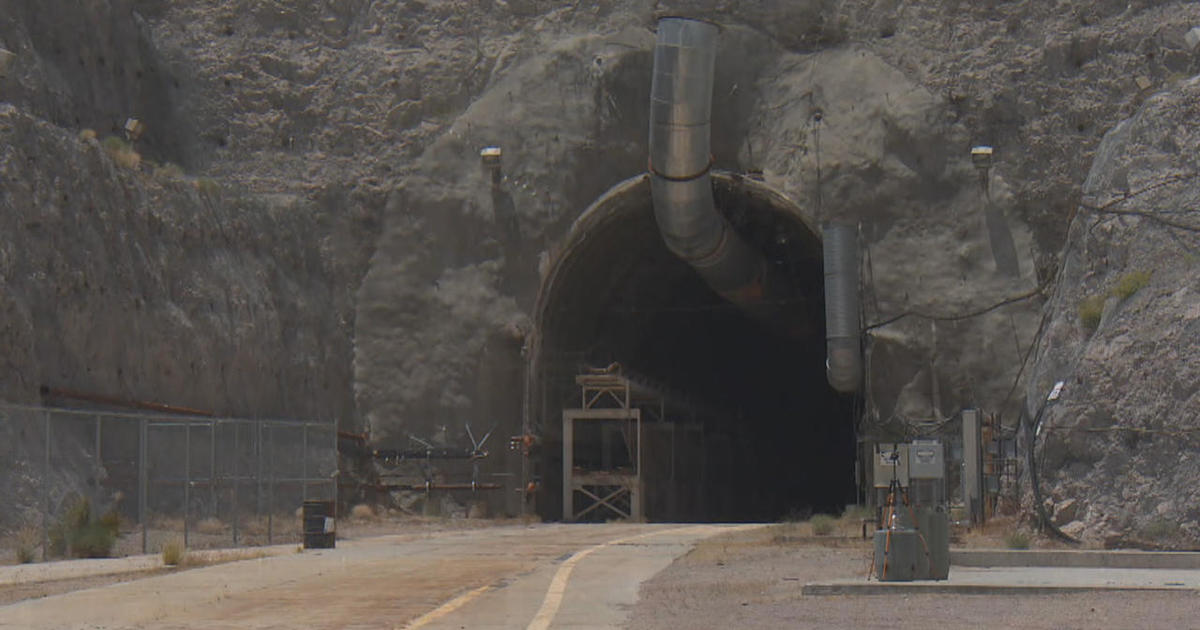This is what we know about hydrogen. Maybe stable is not the right word but h2 tends not to exist (barely) in the atmosphere.What do you mean it is not stable? Hydrogen gas is a stable molecule.
Last edited:
This is what we know about hydrogen. Maybe stable is not the right word but h2 tends not to exist (barely) in the atmosphere.What do you mean it is not stable? Hydrogen gas is a stable molecule.
Yes, but manufacturing ammonia from natural gas is so much cheaper than using electricity and water it’s laughable. Ammonia is injected into soil to provide soil with nitrogen. It’s a UGE industry.You will never have cheap ammonia. Besides it’s very toxic.
True. But farmers and providers such as FS are well trained in handling the compound.Yes, but manufacturing ammonia from natural gas is so much cheaper than using electricity and water it’s laughable. Ammonia in injected into soil to provide soil with nitrogen. It’s a UGE industry.
I am pretty sure the Germans came looking for LNG from Canada, and wanted to invest in it to help secure their own Energy future. Trudeau is the "Greenie" that said no. The thread is not about the politics either way, but that there is no good way to get Hydrogen from Canada to Germany.Regarding the greenie Europeans that turn up their nose to LNG.
Well, with the battery, you produce it and then it lasts for ~10 years. For the hydrogen, you are perpetually producing it, compressing it and transporting it, so that's one factor to consider.I know nothing about the subject but I see this statement a lot. So educate me but not too much as I don’t think the facts are out there where all the efficiency variables are taken into account, at least not publicly by government.
If hydrogen is a storage medium, how does the efficiency of producing hydrogen compare to the efficiency of producing lithium battery packs per EV vehicle?
As both are considered storage mediums thus would also include constantly charging the lithium battery packs with power plant electricity that is only about 50% efficient.
When I say per vehicle I do mean to include the energy used from starting the mining of compounds needed for lithium batteries, to the refining of those compounds to actual production of the batteries and ultimately to disposal of the batteries.
I also hear about the vast amount of water needed for h2 but what environmental costs and needs take place with the lithium battery storage solutions?
Since these are both storage mediums isnt this s fair question since the production of h2 is mentioned all the time but not the production start to finish of lithium battery packs and the constant need to charge them remotely through the already overtaxed electric grid?
I don’t know this but I’m guessing the lithium powered EV will be more heavy too.
Once that is done also factor into account the inefficiency of electricity production and distribution to the location of where the EV lithium battery will be charged. (which from what I learned in here from members right in this thread is only around 50%.)
I only ask this question because I keep hearing the h2 production is so inefficient and when I hear that I’m always hearing the cost of producing the h2 but I never see the cost compared to everything I just mentioned regarding lithium powered EVs.
I’m not debating nor am I suggesting one method is better than the other. I just keep hearing the negatives of h2 but never the efficiency costs of the lithium “powered” storage medium.
Aren’t these fair questions?
While the information was used to discuss hydrogen transport, this is a nice tidbit of information. Skipping the Transportation part, hydrogen efficiency is 80% x 65% x 60% for a total of 31.2% efficiency. From the web, Natural Gas is around 90% (without any shipping input), electricity even less. Hydroelectric is quite good, but I've yet to see the included environmental impact of dams on waterways, just the power generation information. Small nuclear would be my choice. We've learned quite a bit from Chernobyl, Three mile island, Fukushima, etc...build them better.:I know nothing about the subject but I see this statement a lot. So educate me but not too much as I don’t think the facts are out there where all the efficiency variables are taken into account, at least not publicly by government.
If hydrogen is a storage medium, how does the efficiency of producing hydrogen compare to the efficiency of producing lithium battery packs per EV vehicle?
As both are considered storage mediums thus would also include constantly charging the lithium battery packs with power plant electricity that is only about 50% efficient.
When I say per vehicle I do mean to include the energy used from starting the mining of compounds needed for lithium batteries, to the refining of those compounds to actual production of the batteries and ultimately to disposal of the batteries.
I also hear about the vast amount of water needed for h2 but what environmental costs and needs take place with the lithium battery storage solutions?
Since these are both storage mediums isnt this s fair question since the production of h2 is mentioned all the time but not the production start to finish of lithium battery packs and the constant need to charge them remotely through the already overtaxed electric grid?
I don’t know this but I’m guessing the lithium powered EV will be more heavy too.
Once that is done also factor into account the inefficiency of electricity production and distribution to the location of where the EV lithium battery will be charged. (which from what I learned in here from members right in this thread is only around 50%.)
I only ask this question because I keep hearing the h2 production is so inefficient and when I hear that I’m always hearing the cost of producing the h2 but I never see the cost compared to everything I just mentioned regarding lithium powered EVs.
I’m not debating nor am I suggesting one method is better than the other. I just keep hearing the negatives of h2 but never the efficiency costs of the lithium “powered” storage medium.
Aren’t these fair questions?

Yeah, I think you did, hey, this is nowhere near anything that I know about. I just think and analyze too much but I think (right or wrong) these are good questions?Well, with the battery, you produce it and then it lasts for ~10 years. For the hydrogen, you are perpetually producing it, compressing it and transporting it, so that's one factor to consider.
I believe I already did the stack of losses calculation for you in one of the previous threads? You could compare that to the 50% figure.
For power generation, I think it's important to consider the footprint of the inputs. Rankine cycle nuclear is only ~31-32% efficient in turning steam into electricity, but the source is 20,000x more energy dense than fossil fuels and has no direct emissions. That waste heat can also be harnessed for things like district heating, greenhouse warming...etc.While the information was used to discuss hydrogen transport, this is a nice tidbit of information. Skipping the Transportation part, hydrogen efficiency is 80% x 65% x 60% for a total of 31.2% efficiency. From the web, Natural Gas is around 90% (without any shipping input), electricity even less. Hydroelectric is quite good, but I've yet to see the included environmental impact of dams on waterways, just the power generation information. Small nuclear would be my choice. We've learned quite a bit from Chernobyl, Three mile island, Fukushima, etc...build them better.:
View attachment 130256

Well, as we've previously discussed, using the methane directly seems to be less resource intensive (and lower emissions) than how hydrogen is currently produced. And you can use methane in a fuel cell. So there's that option.Yeah, I think you did, hey, this is nowhere near anything that I know about. I just think and analyze too much but I think (right or wrong) these are good questions?
I just keep reading about the amount of mining that is going to take place for the elements in these batteries and after I posted a correct photo of the lithium mining and fields and the vast amount of resources including even statements that we will reach a point that it wont be possible to mine all the lithium would would need in another decade or two. Again, I have no idea if all this is true.
Nor do I know the energy we are using for all this and the environmental impact of it all and then using your example of power plants themselves only being able to roughly generate power including the transmission of that power at roughly 50% efficiency.
SO I was just wondering start to finish, which is better and more sustainable, if either in the coming decades? I guess we can all suspect that something else will come along? I do understand h2 is costly ect ect... but seems like not so costly that there exists vehicles that run on it.
So I suspect there must be a start to finish paper someplace on each "storage" type?
I dont know, it just seems to me, who knows nothing, that burning fossil fuels (gasoline) may not be that much worse than these alternatives?
(yeah, my whole life I questioned everything)
You do know why this problem exists, right? It’s the reason there is no high-level waste repository.I am 100% against more nuclear until we figure out how to dispose properly of the waste and de-commission the reactors. Currently waste is sitting around in cooling pools and barrels all over the world with no plans. The Germans have been de-commissioning some East German reactors for a decade with a couple more decades to go at who knows what cost.
These costs are never factored in - ever. Its assumed future generations will deal with it.
I was taught to clean up after myself or don't make a mess.
We have the solution and spent 10s of billions 19 billion + on it. But politics are forbidden and for good cause in here. AS a nation, the majority voters do not want Nuclear or we would have it.I am 100% against more nuclear until we figure out how to dispose properly of the waste and de-commission the reactors. Currently waste is sitting around in cooling pools and barrels all over the world with no plans. The Germans have been de-commissioning some East German reactors for a decade with a couple more decades to go at who knows what cost.
These costs are never factored in - ever. Its assumed future generations will deal with it.
I was taught to clean up after myself or don't make a mess.


Waste isn't stored in "barrels", that's a Greenpeace lie.I am 100% against more nuclear until we figure out how to dispose properly of the waste and de-commission the reactors. Currently waste is sitting around in cooling pools and barrels all over the world with no plans. The Germans have been de-commissioning some East German reactors for a decade with a couple more decades to go at who knows what cost.
These costs are never factored in - ever. Its assumed future generations will deal with it.
I was taught to clean up after myself or don't make a mess.

 www.forbes.com
www.forbes.com
Yes, this goes along with the notion that you can compress methane into a liquid. People speaking with certainty about things for which they have no idea.Waste isn't stored in "barrels", that's a Greenpeace lie.
This kind of mindset - incorrect - and worse USA movies are really keeping us in the carbon age longer than need be, a bit ironic given actors/players.I am 100% against more nuclear until we figure out how to dispose properly of the waste and de-commission the reactors. Currently waste is sitting around in cooling pools and barrels all over the world with no plans. The Germans have been de-commissioning some East German reactors for a decade with a couple more decades to go at who knows what cost.
These costs are never factored in - ever. Its assumed future generations will deal with it.
I was taught to clean up after myself or don't make a mess.
Compress, cool, whatever - LNG is shipped as a liquid - Hydrogen is not. You can't argue the facts so try to denigrate the verbiage. The point is one is shipped in liquid and one isn't.Yes, this goes along with the notion that you can compress methane into a liquid. People speaking with certainty about things for which they have no idea.
The USA has no deep geological storage location. In fact no one has one in operation yet. Just because someone says its going to happen and makes pretty web pages doesn't mean it has or will. Trust but verify.This kind of mindset - incorrect - and worse USA movies are really keeping us in the carbon age longer than need be, a bit ironic given actors/players.
We as humans have been taught to learn from mistakes and improve. Not abandon all hope and freeze.
